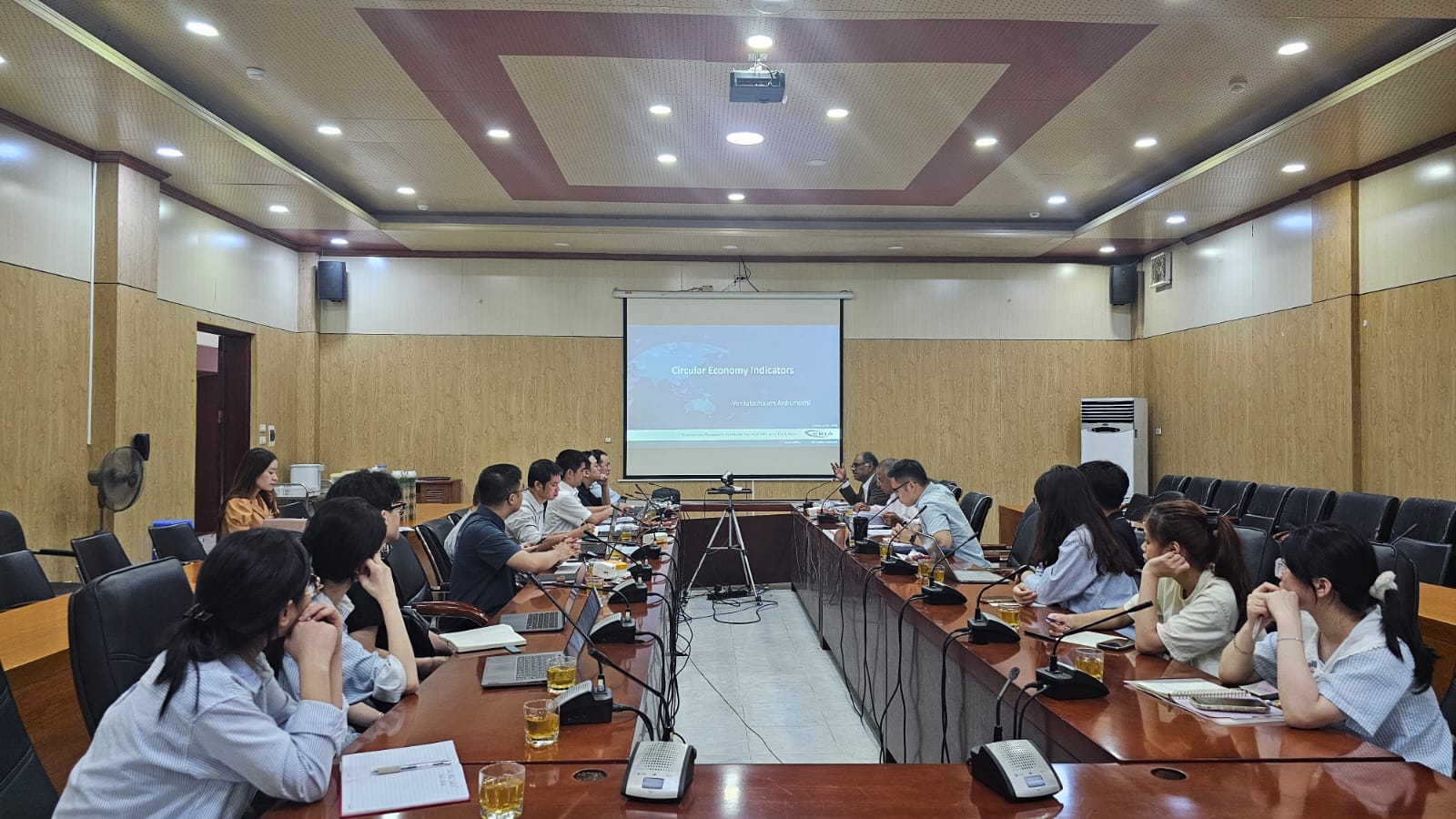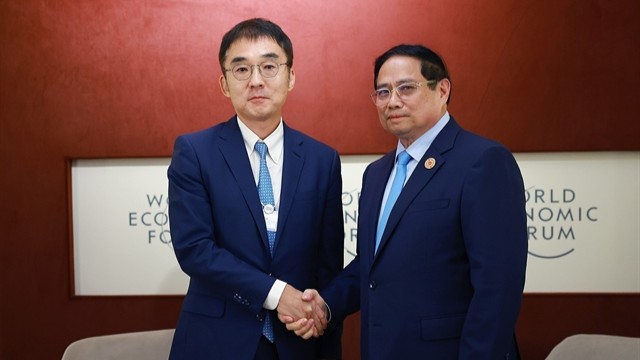Diplomatic Synergy and Clarity Needed
Date:
27 October 2020Category:
OpinionsTopics:
-Share Article:
Print Article:
By Mr Kavi Chongkittavorn, Senior Communications Advisor: Thailand's external engagements need the necessary synergy among intra-government agencies as well as strategic clarity. To face the future challenges of a post-Covid-19 world, the country requires a more holistic approach and decision-making that includes all stakeholders. In addition, sufficient financial and human resources must be available in sustainable ways to ensure dynamic policy research, design and implementation to preserve and advance national interests.
These are some of the observations of a year-long study conducted by a team of experts appointed by the House of Representatives, the Foreign Affairs Subcommittee on Studying and Monitoring Strategies of Thai Foreign Relations under the chair of Democrat Kiat Sittheeamorn, the nominated member of parliament, to prepare for this landmark assessment.
It is the first time that parliament has conducted such a study to systematically analyse the conduct of Thai external relations outlined in the 20-year National Strategic Plan (2028-2048), encompassing economic, political, social and cultural affairs. Its mission is to achieve a "unified foreign policy that will provide Thailand with security, prosperity, sustainability with universally recognised standards and integrity enshrined in the international community". Previously, there was only the foreign affairs committee, which oversees the country's overall diplomacy without contemplating strategic matters.
In preparing the report, the subcommittee conducted hearings with all concerned ministries, agencies, the private sector, academics and individual policy-planners and makers as well as influencers. The assessment will be submitted to parliament during the next session for consideration and adoption by its members.
The report reiterates that Thailand's foreign engagements have been too broad and without prioritisation. Most importantly, there was no effective tool to objectively measure, both qualitatively and quantitatively, the outcomes of policies employed. Some members pointed out that concerned authorities often failed to remain focused and follow-up on each initiative, especially at the working level.
In the case of existing strategies as presented by various agencies, nearly all of them derived from internal discussion within agencies without proper consultation with other concerned authorities and stakeholders, especially from the private sector and civil society organisations. This has been a longstanding symptom among the Thai bureaucrats. Due to a silo mindset, their strategies often lack common objectives and standards.
Worse still, each government agency tends to work on its own without integrating with other ministries and agencies dealing with foreign affairs, especially in economic matters. As such, the much-needed consistency and continuity in dealing with foreign countries are still absent. Without teamwork, each entity also suffers from its limited mandate.
In general, the subcommittees' expert group believed that Thailand must have determined diplomacy and strategic clarity on issues that impact national security and interests. From now on, such positions will become even more pivotal as the rivalry between the US and China continues and intensifies. With clearer strategic standpoints and intent, Thailand can play an effective bridge-building role with all the major powers contesting in the region. Most importantly, it can be a catalyst to balance power between the two superpowers.
As far as foreign investment is concerned, the subcommittee stressed the importance of free and open trade and strong partnership. The country also needs strategic investment plans in targeted markets and countries. In the post-Covid-19 world, these plans are important to economic recovery and progress. The Board of Investment, Export and Import Bank and the Bank of Thailand are encouraged to work together to come up with budgetary guidelines and tools that will promote the country's capacity.
Closer to home, it is imperative for Thailand to strengthen connectivity and the supply chain within Asean to lessen dependency on a single country. In addition, as Asean is entering its sixth decade of existence, promotion of awareness and understanding, including the sense of belonging to the Asean Community as well as the Mekong subregion with CLMV (Cambodia, Laos, Myanmar and Vietnam) countries, is indispensable. As part of Thai foreign policy, effective communication strategies are prerequisites to strengthen the Asean identity and values both at home and within the grouping.
Finally, the subcommittee recommends that the decision-making and planning of Thai external relations be based on forward-looking, systematic research by think-tanks and experts in consultation with stakeholders. As such, the government must provide sustained funding and human resources to achieve all foreign policy objectives.
Wrapping up the final session last week, Mr Kiat stressed that the report would be useful for all government agencies as it would help them to think strategically in creating more business opportunities as well as enhancing the country's competitiveness within the region and the world. The former Thai trade representative also pointed out that to maximise national power, future Thai foreign policies must involve the input of more stakeholders to ensure full public support. Indeed, Thailand must stay engaged with the international community.
While the subcommittee was preparing the report, its members expressed appreciation to the Ministry of Foreign Affairs, Ministry of Commerce, Ministry of Transport, Ministry of Finance, Ministry of Industry, as well as private-sector agencies and representatives involved in regional and international trade and finance, which provided the bulk of information and analysis on all aspects of Thailand's external engagements. They acknowledged that officials in charge of foreign policy are well-trained and understood the regional and global environment in which Thailand must excel to promote economic growth and Thai people's well-being.
In the coming decade, Thailand cannot be complacent with a "do as you wish" attitude. The subcommittee has encouraged ministries and agencies linked to external relations to implement the 20-year national strategies in totality for better results through closer coordination and outreach to all stakeholders to make sure that all movers and shakers are on the same page.
This opinion piece was written by ERIA's Senior Communications Advisor, Mr Kavi Chongkittavorn, and has been published in The Bangkok Post. Click here to subscribe to the monthly newsletter.








